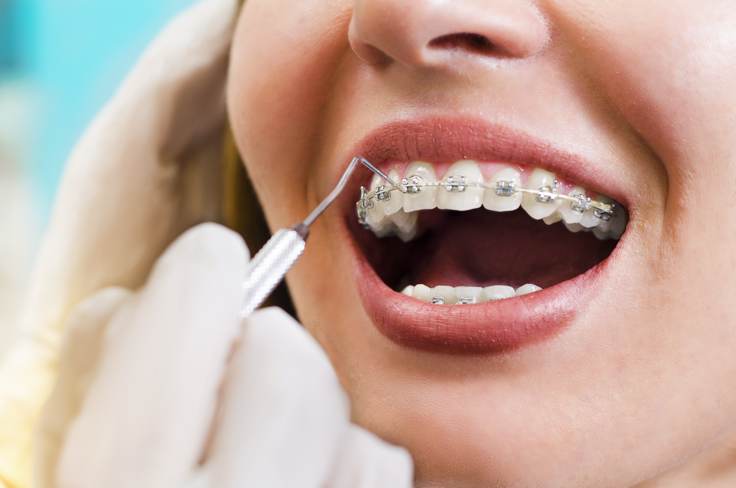An orthodontist is a specialist dentist who focuses on improving the appearance of a patient's smile by fixing the alignment of teeth and providing the proper development of facial features. This is the most important area of expertise in the dental field that involves adjusting bites as well as aligning and straightening teeth.
The orthodontist's job is to diagnose issues related to the position of patients' teeth and ensure appropriate oral development. The dentist may employ X-rays or other molds of teeth to perform these procedures. After the dentist has found the issues, he'll make use of dental equipment like retainers, braces, and space maintainers to fix the dental issues.
It's a difficult task to choose the best option for a dentist. Because this is someone that you'll see regularly as well as monthly or even annually it is important to ensure you choose the right choice. Here are some tips to follow when picking the right oral dental specialist in Fort Collins.

Image Source Google
Check that the dentist you select is an orthodontist who is trained by a university. The benefit of orthodontia is the fact that every dentist can do the task as no additional training is needed beyond dental school.
Find out if the orthodontist has been certified by a recognized body. If they are, this dentist went the extra mile to demonstrate his or her dedication to excellence.
Modern, clean, and up-to-date office. Clean classrooms are evident of the high-quality education, and a well-maintained kitchen is a sign of the freshness of the food. Similar is the case in the dental world. The dentist must be in a clean, tidy office equipped using the most up-to-date equipment and the latest methods.
If a dentist performs dentistry on you, you're vulnerable to high doses of X-rays. These rays could prove to be hazardous and, to prevent them from happening, dentists are using digital x-rays. Digital x-rays are based on half the radiation that is produced by a conventional film x-ray.